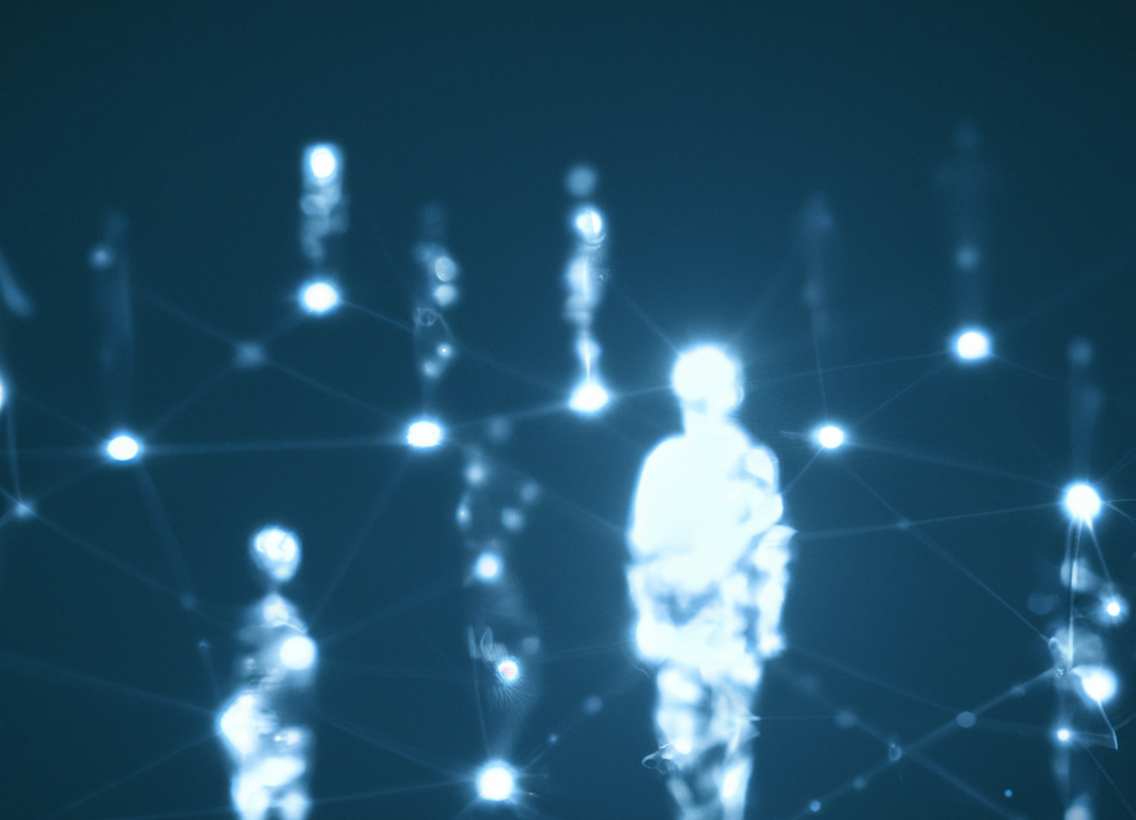Trust is under review:
As resource of cultural cohesion, trust has frayed and cannot be sustained in a society struggling to establish shared practices and narratives of trust at a time of escalating crises. - In the recent public sphere, this is a widespread notion. The environmental and social crises resulting from anthropogenic climate change, the Covid-19 pandemic and most recently the military escalation in Ukraine, foster this perception and foreground fears of the imminent catastrophe. These critical conditions and resulting threats to social cohesion, nurture discussions about trust as a crucial, but threatened resource. Trust and distrust are fickle notions and attempts at finding concise definitions remain unsatisfactory. They are by necessity dependent on context and bound to temporality. Whatever trust is, is therefore evanescent.
We want to understand how doing trust works.
The research group “Doing Trust in an Era of Crises and Catastrophes” contends that processes of producing trust and mistrust may best be understood by appreciating its kaleidoscopic character and make it viable in interdisciplinary analytical assessment. From the perspectives of literary and cultural studies, philosophy, history and psychology as well as civil protection and information technology, we analyse the ways in which trust and mistrust evolve, how they are constituted in social networks, through practices and narratives, communication strategies and technologies and how knowledge may likewise foster trust or shake its very foundations. We contend that trust is continuously created through three practices and cultural techniques:
a) through narration and narratives that either stabilise or destabilise trust,
b) through communication as psychosocial practice/ technique of creating trust or expressing mistrust respectively,
c) through the practices, genesis and distribution of data, information and knowledge as well as their controllability.
Our research aims at a deeper insight into the abilities to act and into the capacities of social actors in their practical, communicative and technological contexts to judge the dynamics of trust and mistrust, especially at a time of crises and catastrophes, and thereby provide the foundations for practical intervention.
If you want to learn more about us or individual projects of the group, please visit members.

